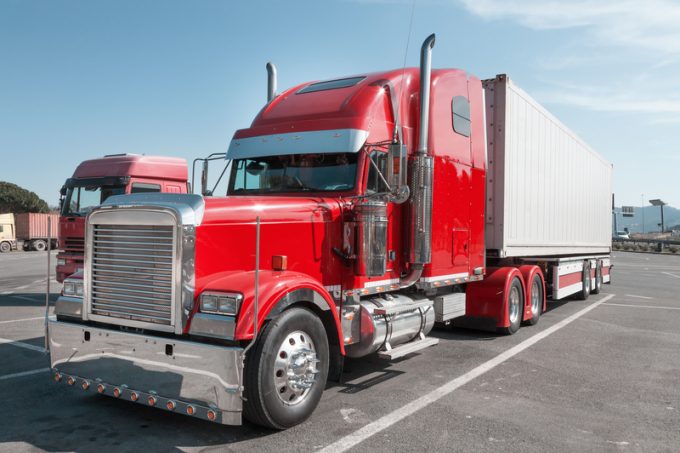White House calls on forwarders in its war on illegal fentanyl shipments
The US government has decided to address the fentanyl crisis – and has tasked freight ...

Deliveries of appliances, furniture and other bulky items in the US have been growing at a rapid clip, but Schneider National has stepped on the brakes.
Declaring that the segment’s long-term prospects are not looking favourable, the trucking giant announced last week it would bring down the curtain on its First to Last Mile service launched three years ago to target this market.
The operation, which involves 26 terminal locations, will be wound down before December 31.
Schneider has struggled with this service, which produced $26m in losses in the first half of this year, and management projects another $9m shortfall for Q3.
The company reported net income of $34.5m for the second quarter, down 48% from the result a year earlier.
Its travails are the latest indication that the US trucking industry has hit a bumpy stretch of road after a strong 2018.
US Xpress suffered an 8% drop in revenue in the second quarter, while its operating income dropped 64.8%. President and CEO Eric Fuller said: “The freight market remained challenging through the second quarter.
“This was driven by weaker demand combined with capacity growth as a result of more favourable market conditions in 2018.”
He added that the situation put severe pressure on spot pricing.
The biggest bugbear for truckers has been the macroeconomic situation. The US economy has shown signs of slowing down, and doubts over the impact of trade conflicts have put a dampener on investment. At the same time, costs have kept rising: over the past three years, fuel prices in California climbed from $2.29 a gallon to $3.95.
However, Mr Fuller injected an upbeat note into the presentation of US Express’s results, saying “we do expect conditions to firm, as capacity slowly exits the market, while at the same time we approach a more seasonally busy time of the year”.
Likewise, Schneider CEO Mark Rourke predicted: “As we look to the second half of the year, we expect industry capacity levels to rationalise, given the challenges of the current operating environment.”
But for a number of operators, the challenges have been too much to bear already.
On July 11, Minnesota-based LTL carrier LME abruptly shut down its operation of nearly 400 tractors, over 1,200 trailers and 30 terminals, joining a lengthening list of trucking casualties this year, which includes New England Motor Freight, Falcon Transport and Timmerman Starlite Trucking.
There have been suggestions that some truckers over-extended in the wake of last year’s rampant growth, which saw trucking revenues in the US climb to $796.7bn, up $97.6bn on the year before, according to the American Trucking Association.
Now the mood is decidedly downbeat. Numbers from FTR Transportation Intelligence show that 9,800 new trucks were ordered in July, down 82% on July 2018. And truck manufacturers are bracing for tough going ahead. They anticipate a weak market and have signalled that they may have to curtail production.
Comment on this article